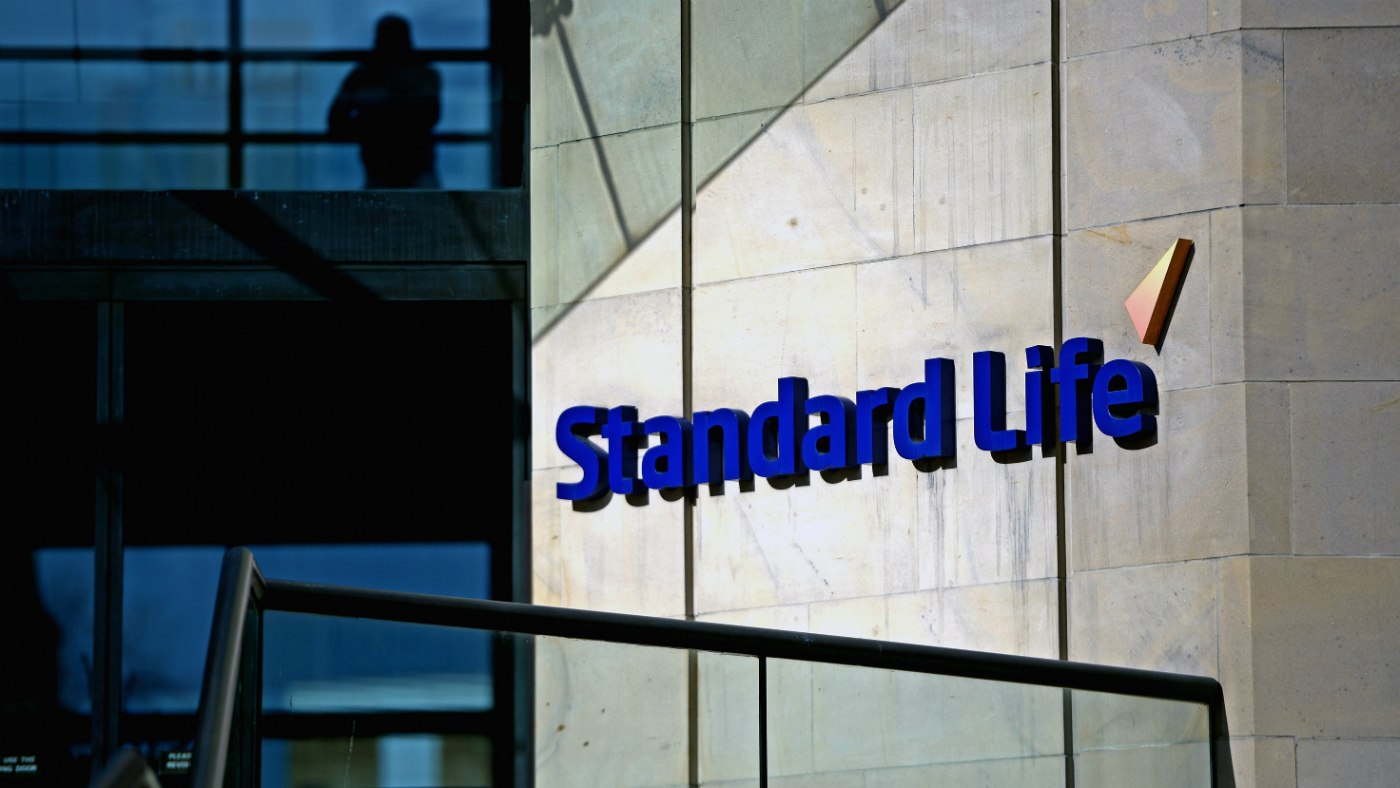Standard Life and Aberdeen create UK's largest asset manager
Shares jump after companies agree £3.8bn merger to fight competition from passive funds

A free daily email with the biggest news stories of the day – and the best features from TheWeek.com
You are now subscribed
Your newsletter sign-up was successful
Standard Life and Aberdeen Asset Management have agreed a £3.8bn merger that will create the UK's largest asset manager, says the Financial Times.
By buying its Edinburgh rival, 192-year old Standard Life is also taking the next "step in [its] evolution from a traditional insurer into an investment powerhouse", the paper adds.
The all-share deal values each Aberdeen share at 286.5p, a minimal 0.10p premium to the closing price last week.
The Week
Escape your echo chamber. Get the facts behind the news, plus analysis from multiple perspectives.

Sign up for The Week's Free Newsletters
From our morning news briefing to a weekly Good News Newsletter, get the best of The Week delivered directly to your inbox.
From our morning news briefing to a weekly Good News Newsletter, get the best of The Week delivered directly to your inbox.
Aberdeen's shareholders will own a third of the combined entity while Standard Life shareholders will own the remaining two-thirds of the group, which will become the second-largest asset manager in Europe.
Standard Life chairman Sir Gerry Grimstone will sit at the top of the new firm, with Aberdeen's Simon Troughton as his deputy. Chief executives Keith Skeoch and Martin Gilbert will run the company on a joint basis.
The company will also carry a new brand that incorporates both of the existing names.
Bosses said the deal remains subject to a number of conditions, including shareholder approval, but early signs are good.
A free daily email with the biggest news stories of the day – and the best features from TheWeek.com
Lloyds Banking Group, one of Aberdeen's largest investors with a ten per cent stake, has confirmed it supports the tie-up, while on wider markets, the company's share rose by almost five per cent this morning. Standard Life's shares were up 5.7 per cent to more than 400p.
The rationale for the deal is seen as strong in that it will create an asset manager of larger scale to cope with competition from the likes of Blackrock and passive fund manager Vanguard.
The rise in passive investing, which invests in very low-cost funds that simply track a market, is hurting traditional fund managers, which are expensive and rely on fund managers generating outperformance.
"In the year to the end of September 2016, Aberdeen registered £32.8bn of net outflows," says the FT.
"By combining, asset managers often look to rip out redundant costs and also fire underperforming managers," the paper adds.
Among those "redundant costs" are synergies that will see duplicated activities cut, which analysts forecast will result in the loss of about 1,000 jobs, or around one in ten at the two firms, says the BBC.
-
 Why is the Trump administration talking about ‘Western civilization’?
Why is the Trump administration talking about ‘Western civilization’?Talking Points Rubio says Europe, US bonded by religion and ancestry
-
 Quentin Deranque: a student’s death energizes the French far right
Quentin Deranque: a student’s death energizes the French far rightIN THE SPOTLIGHT Reactions to the violent killing of an ultraconservative activist offer a glimpse at the culture wars roiling France ahead of next year’s elections
-
 Secured vs. unsecured loans: how do they differ and which is better?
Secured vs. unsecured loans: how do they differ and which is better?the explainer They are distinguished by the level of risk and the inclusion of collateral
-
 Labour shortages: the ‘most urgent problem’ facing the UK economy right now
Labour shortages: the ‘most urgent problem’ facing the UK economy right nowSpeed Read Britain is currently in the grip of an ‘employment crisis’
-
 Will the energy war hurt Europe more than Russia?
Will the energy war hurt Europe more than Russia?Speed Read European Commission proposes a total ban on Russian oil
-
 Will Elon Musk manage to take over Twitter?
Will Elon Musk manage to take over Twitter?Speed Read The world’s richest man has launched a hostile takeover bid worth $43bn
-
 Shoppers urged not to buy into dodgy Black Friday deals
Shoppers urged not to buy into dodgy Black Friday dealsSpeed Read Consumer watchdog says better prices can be had on most of the so-called bargain offers
-
 Ryanair: readying for departure from London
Ryanair: readying for departure from LondonSpeed Read Plans to delist Ryanair from the London Stock Exchange could spell ‘another blow’ to the ‘dwindling’ London market
-
 Out of fashion: Asos ‘curse’ has struck again
Out of fashion: Asos ‘curse’ has struck againSpeed Read Share price tumbles following the departure of CEO Nick Beighton
-
 Universal Music’s blockbuster listing: don’t stop me now…
Universal Music’s blockbuster listing: don’t stop me now…Speed Read Investors are betting heavily that the ‘boom in music streaming’, which has transformed Universal’s fortunes, ‘still has a long way to go’
-
 EasyJet/Wizz: battle for air supremacy
EasyJet/Wizz: battle for air supremacySpeed Read ‘Wizz’s cheeky takeover bid will have come as a blow to the corporate ego’